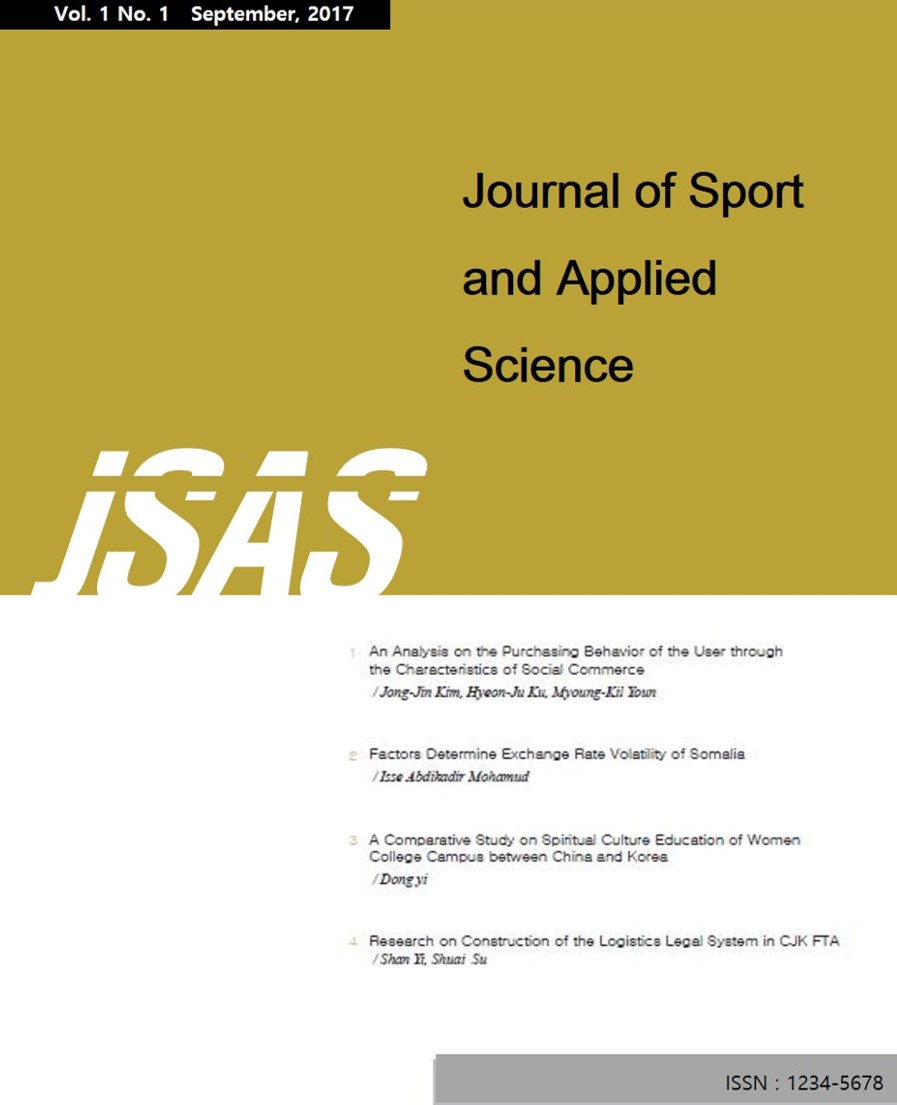 E-ISSN : 2586-6028
E-ISSN : 2586-6028
KIM, Myung Gyun
MOON, Hwang Woon
Abstract
Purpose: The purpose of this study is to identify the effect of 24-week sensory integration activity training on fitness of children with intellectual disability. Research design, data, and methodology: The subjects were 10 children with intellectual disability, 60 min training of sensory integration activity for 24 weeks. Obesity, cardiovascular endurance, muscular strength and muscle endurance were measured pre and post training. Frist, characteristics of subjects were measured with age, height, weight, IQ and SQ. Second, the subjects then performed sensory integration activity training for 24 weeks. Last, weight, strength, endurance, cardiovascular endurance and flexibility were measured. Data were calculated for average and standard deviation by SPSS 25.0 statistic program, and dependent sample t-test was processed to analyze the change between pre and post training. All statistical significance level was set to 0.5. Results: The result was shown that weight, strength and endurance changes between pre and post were significant. However, cardiovascular endurance, flexibility changes between pre and post were not significant. Conclusions: The lack of training frequency of 60 minute per week were acknowledged per week from this result. In future research, increased intensity and frequency are need for an in-depth and meaningful study and the measured data can be used basic information for the study.
- keywords
- Sensory Integration Activity, Intellectual Disability, Fitness
- Downloaded
- Viewed
- 0KCI Citations
- 0WOS Citations













